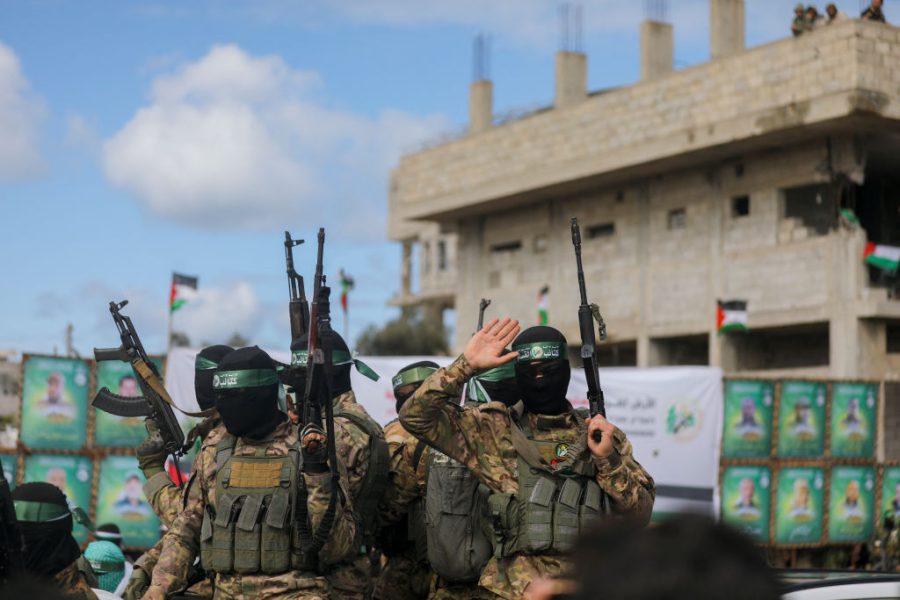The emergence of Yasser Abu Shabab and his ‘Popular Forces’ militia in eastern Rafah has become an unexpected fault line in the shifting landscape of Gaza. In recent days, a flurry of claims, counterclaims, and raw facts has begun to seep through the fog of war. Cracks are appearing in Hamas’s once unchallenged grip, and new and uncertain dynamics are taking shape. Where these currents will lead is unclear.
Abu Shabab himself has stepped into the spotlight with remarkable audacity. He has granted interviews, issued voice recordings, and cloaked his movement in the language of civic virtue. In a recent audio recording, he insisted: ‘We have not and will not work with the occupation. Our goal is to protect Palestinian human rights from Hamas’s terrorism.’ He described his group’s weapons as ‘simple weapons that we collected from the local population,’ and characterised coordination with the Palestinian Authority (PA) as limited to security screening:
We conduct a security check through the Palestinian intelligence service, which is cooperating with us in this matter, so we can guarantee that no terrorist elements enter.
While it would be rash to proclaim Hamas defeated, its aura of inevitability is fracturing
Yet behind the public bravado lies a more intricate web.

Britain’s best politics newsletters
You get two free articles each week when you sign up to The Spectator’s emails.
Already a subscriber? Log in







Comments
Join the debate for just $5 for 3 months
Be part of the conversation with other Spectator readers by getting your first three months for $5.
UNLOCK ACCESS Just $5 for 3 monthsAlready a subscriber? Log in